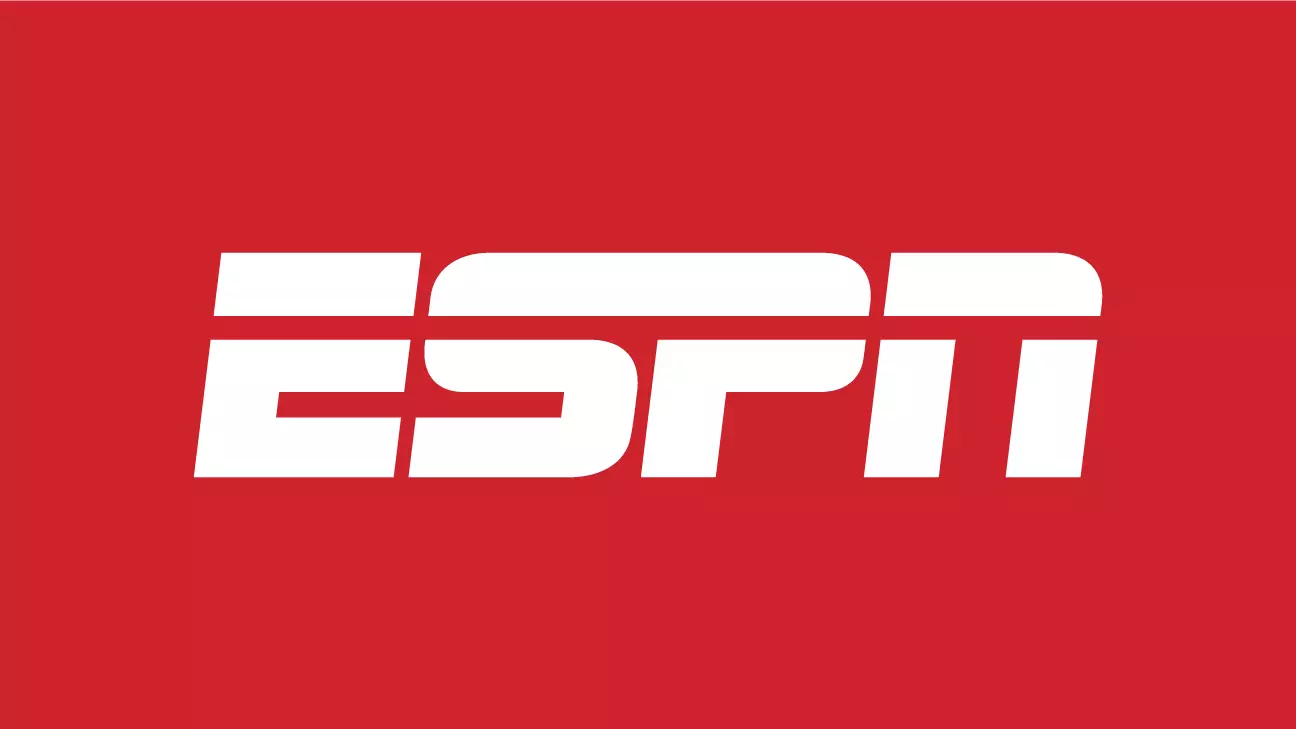The recent unveiling of the National Women’s Soccer League (NWSL) expansion team BOS Nation FC was meant to be an exciting moment for fans and players alike. However, the team’s distinctive marketing campaign, titled “Too Many Balls,” quickly spiraled into controversy, raising questions about inclusivity and sensitivity in sports branding. The strident backlash from the transgender community and advocates for LGBTQ+ rights compelled the organization to issue a public apology, recognizing that their attempt at humor fell flat and fostered feelings of alienation instead.
The intent behind the “Too Many Balls” slogan was to create a buzz, aligning with the triumphant spirit of Boston’s storied sports history. Yet, the execution missed the emotional backdrop against which the campaign played out. By failing to acknowledge the nuances of language and its impact on marginalized communities, the campaign inadvertently perpetuated existing stigmas and biases, particularly against the trans community. Jennifer Epstein, one of the team’s owners, voiced her anticipation of community feedback, but the words resonated with many as exclusionary rather than celebratory.
The gender-neutral pronouns and the overall message, accompanied by phrases like “Boston loves its balls,” were met with harsh criticism for overlooking the most elementary principles of respect and understanding. An Instagram post from Seattle midfielder Quinn, who identifies as transgender and nonbinary, captured the sentiment succinctly: “Feels transphobic. Yikes.” Such responses are pivotal as they reflect broader struggles for acceptance and recognition faced by transgender athletes and allies.
The fallout from the marketing campaign serves as a backdrop for a larger conversation about representation within sports. Sam Mewis, a former U.S. women’s national team player, highlighted the oversight of acknowledging existing women’s sports teams in Boston, thus broadening the critique. A comprehensive approach to team branding should encompass an acknowledgment of the diverse landscape of women’s sports, fostering connections rather than dividing lines.
The act of denouncing the initial campaign was important, yet a more profound reflection is necessary. The NWSL has built its reputation as one of the most inclusive leagues globally, yet this incident raises questions about how well those values resonate within individual franchises. Public figures like actress Elizabeth Banks and Olympic gold medalist Aly Raisman, both part of the ownership group, advocate for women’s empowerment, making the rough reception of the campaign even more poignant.
In the wake of this backlash, it is crucial for Bos Nation FC and other sports organizations to reevaluate their approaches to branding. Respectful representation must be at the forefront of campaigns, with an emphasis on understanding shared community values, particularly regarding gender equity and inclusion. This misstep serves as a sobering reminder that language can significantly impact diverse communities and that humor should never come at the expense of marginalization.
As the team moves forward, the commitment to fostering an inclusive environment must translate into actionable efforts, demonstrating genuine respect for all facets of the community. The fallout from this incident should serve as a learning opportunity—one that urges sports organizations to prioritize sensitivity in their outreach and marketing endeavors, thus ensuring their messages resonate positively with everyone.

